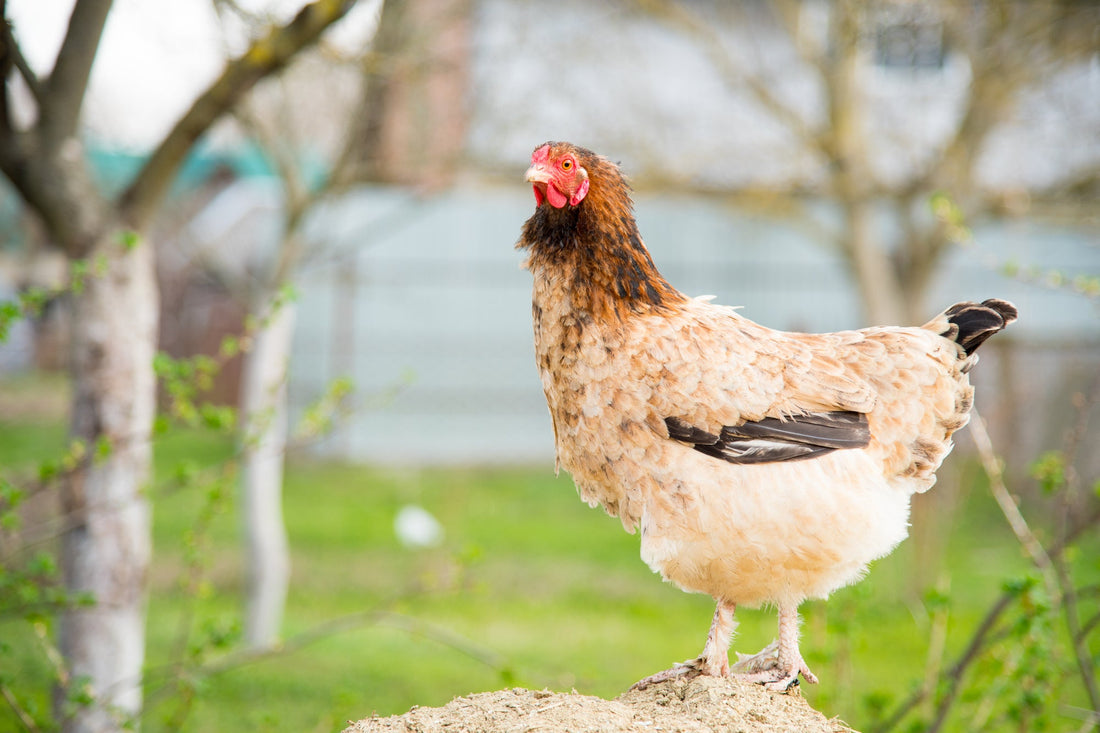Chickens are often underestimated when it comes to intelligence, but recent research has uncovered surprising evidence of their remarkable memory and recall abilities. From remembering the layout of their environment to recognizing familiar faces and solving complex problems, chickens possess cognitive talents that challenge traditional perceptions of avian intelligence. In this enlightening exploration, we delve into the fascinating world of chicken memory, uncovering the mechanisms behind their "egg-cellent" recall abilities and the implications for our understanding of animal cognition.
The Foundations of Memory: How Chickens Remember
Chickens rely on memory to navigate their surroundings, recognize predators and peers, and recall important social cues. Their ability to form and retain memories is rooted in the complex structure of their brains, particularly the hippocampus, a region associated with spatial learning and memory consolidation. Through repeated exposure and reinforcement, chickens can encode information about their environment, including landmarks, food sources, and safe roosting spots. This spatial memory allows chickens to navigate their territory with confidence and adapt to changes in their surroundings over time.
Learning from Experience: The Role of Experience in Memory Formation
Experience plays a crucial role in shaping chicken memory, with repeated exposure to stimuli and events leading to the formation of lasting memories. Chickens are highly observant and learn from both positive and negative experiences, adjusting their behavior based on past encounters. For example, chickens can learn to avoid areas where they have encountered predators or experienced danger, demonstrating an understanding of cause and effect. Through trial and error, chickens refine their memory and decision-making skills, honing their ability to adapt to changing circumstances and solve problems in their environment.
Social Memory: Recognizing Familiar Faces
Chickens possess a surprising ability to recognize and remember individual faces, both within their own flock and among humans. Research has shown that chickens can distinguish between familiar and unfamiliar faces, displaying preferential treatment towards familiar individuals. This social memory allows chickens to form bonds with their flock mates, recognize dominant and subordinate individuals, and maintain stable social hierarchies within the group. Additionally, chickens can learn to associate specific faces with positive or negative experiences, influencing their behavior and social interactions over time.
Tool Use and Problem-Solving: Flexibility in Action
Chickens are adept problem-solvers and demonstrate remarkable flexibility in their cognitive abilities. Studies have shown that chickens can learn to use tools to obtain food rewards, such as pulling a string to access treats or manipulating objects to unlock barriers. This ability to innovate and adapt to new challenges highlights the cognitive complexity of chickens and their capacity for creative problem-solving. By leveraging their memory and observational skills, chickens can overcome obstacles and achieve their goals, demonstrating a level of intelligence that rivals other avian species.
Long-Term Memory: The Persistence of Recall
Chickens possess impressive long-term memory capabilities, retaining information about past events and experiences over extended periods. Research has shown that chickens can remember specific locations, objects, and individuals for weeks or even months after initial exposure. This long-term memory allows chickens to recall familiar landmarks, nesting sites, and feeding areas, facilitating navigation and foraging behaviors over time. Additionally, chickens can remember human caregivers and recognize familiar voices and gestures, forming lasting bonds based on positive interactions and experiences.
Implications for Animal Welfare: Enhancing Chicken Well-Being
Understanding the memory and recall abilities of chickens has important implications for animal welfare and husbandry practices. By recognizing chickens as intelligent and sentient beings capable of forming complex memories and social relationships, we can advocate for better treatment and care of these remarkable animals. Providing enriching environments, social interactions, and cognitive stimulation can enhance the well-being of chickens in captivity, promoting mental and emotional health. Additionally, incorporating knowledge of chicken memory into management practices can improve housing conditions, reduce stress, and enhance overall welfare outcomes for poultry populations.
Future Directions: Unlocking the Mysteries of Chicken Memory
As our understanding of chicken memory continues to evolve, there are exciting opportunities for further research and discovery. Future studies may explore the neural mechanisms underlying chicken memory formation and retrieval, shedding light on the genetic and physiological basis of cognitive abilities in poultry. Additionally, investigating the impact of environmental factors, such as housing conditions and social dynamics, on chicken memory and cognition can inform strategies for optimizing welfare and performance in commercial and backyard poultry systems. By continuing to unravel the mysteries of chicken memory, we can gain valuable insights into the cognitive abilities and adaptive behaviors of these fascinating birds.
Celebrating Chickens' Cognitive Talents
Chickens are far more than just "bird brains" - they possess remarkable memory and recall abilities that rival those of many other animal species. From spatial memory and social recognition to problem-solving and tool use, chickens demonstrate a level of intelligence and adaptability that challenges conventional stereotypes. By acknowledging and celebrating chickens' cognitive talents, we can foster a greater appreciation for these fascinating birds and advocate for their welfare and well-being. As we continue to uncover the secrets of chicken memory, let us marvel at the "egg-cellent" abilities of our feathered friends and strive to ensure they are treated with the respect and compassion they deserve.

